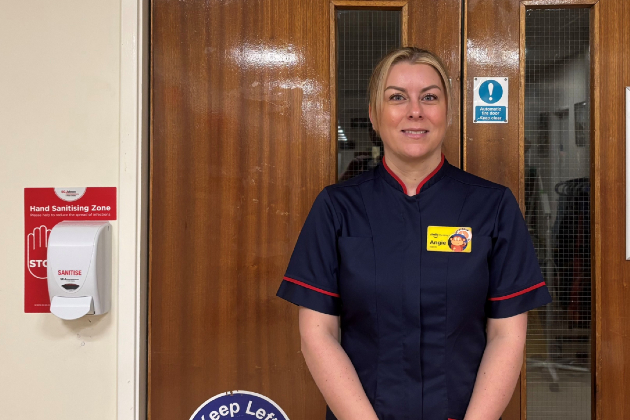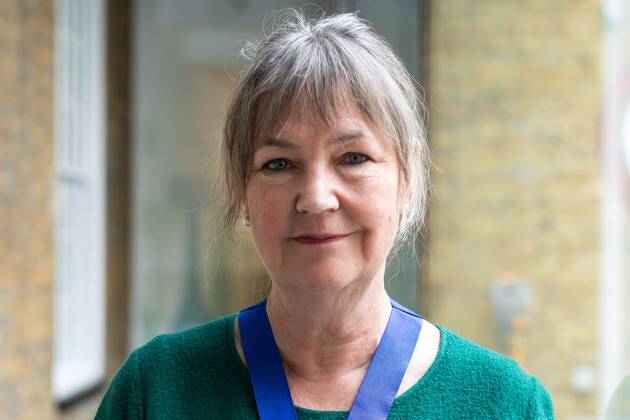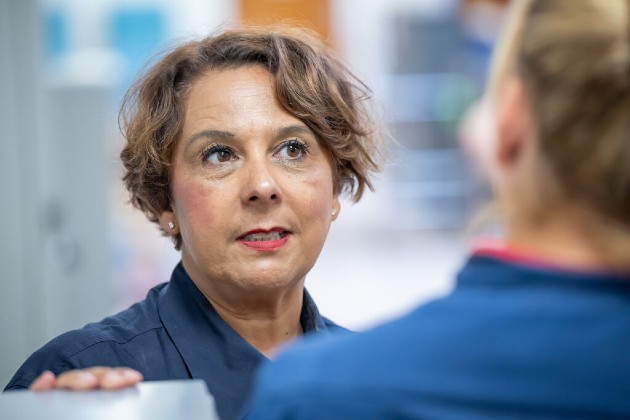Waking up to the news that my university is suspending their mental health and children’s nursing degrees was a shock.
As I’m studying adult nursing my course will remain, but I’m concerned these vital fields of practice are potentially being permanently cut. I’ll become a registered adult nurse next year, and this decision makes me uncertain about the future of nursing.
To provide the best holistic care, we need a good skill mix and removing specialisms will have an impact on workload for general nurses, continuity of care for patients and potentially lead to unsafe staffing.
This reflects a wider trend in devaluing nursing education
I know how important different specialisms are. For example, while I was on placement in critical care, I saw admissions from patients requiring mental health support. The same was observed in the emergency department.
Many patients require the support of a community mental health nurse upon discharge from hospital; if that support isn’t in place, the consequences for patients and the wider community can be devastating.
Axing nursing specialist fields could cost lives.
Nursing devalued
After the COVID-19 pandemic, there was a surge in the number of applicants wanting to study nursing, but those figures have dropped drastically in the last couple of years, and nursing isn’t valued as it once was by the public or the media.
A profession once portrayed as heroic during a pandemic now seems to only be showcased for its striking and continuous lobbying for better pay, safer staffing and recognition.
My university’s decision is the latest in a worrying trend of nursing courses being cut or reduced in further education across the UK, often for financial reasons. The University of Nottingham stated it’s their priority to train future nurses, but how can they be genuine when they’re taking away a chunk of the workforce?
This denies many future nurses from applying
Sadly, this pattern reflects a wider trend in devaluing nursing education.
This can only have a negative knock-on effect on all aspects of nursing, chipping away at the workforce and causing gaps in care.
Those in our cohort studying mental health nursing are predominantly mature students living locally with their families. If these courses are taken away, this denies many potential nurses from even applying as they cannot just uproot and do the course elsewhere.
Quality of care eroded
So far, my course has been great and my lecturers excellent. This decision also means uncertainty for them.
Not too far from Nottingham, at the University of Derby, a large number of senior lecturers face redundancy, some of these from nursing and nursing associate courses.
This trend of cutting nursing training is only set to continue.
Nursing care cannot be good if we don’t have all aspects of it covered.
We all rely on each other
There are four fields of nursing taught in the UK: learning disability, adult, children’s, and mental health.
Already we see the worrying effects of cutting specific fields of practice with a 43% drop in the number of learning disability nurses since 2009.
Evidence shows fewer specialist nurses in this area has led to higher rates of avoidable deaths for this vulnerable group. The NMC states there are only 13,000 learning disability nurses registered, but there are 1.3 million people living with a learning disability in the UK. Their care is being eroded.
Future worries
I’m excited to start working as a registered nurse, but I’m scared about what nursing will be like for me, my colleagues and, most importantly, our patients in the future.
We don’t yet know the impact of this decision and I’m not sure what my workload will look like if we don’t have those specialisms in place, so it already feels unsafe.
We all rely on each other. If the university cuts these courses, will adult nurses have to fill the workforce gaps? This could make me question my own skills.
- Read next: The value of hospice placements
Our children’s nursing and mental health nursing students spend over 5,000 hours within health care settings and in lectures and seminars tailored to them. If I worked on a psychiatric ward or a children’s ward, I wouldn’t feel as confident as someone trained in these fields.
This decision could have serious consequences for patient safety, quality of care, public health, health promotion, postgraduate training and preventative health care.
Universities and policymakers must act now – or risk dismantling the foundations of safe, holistic care.
More information
- Read the RCN's response to the University of Nottingham suspending its nursing courses.
- Find out what we're doing about nursing gaps in our report, Fixing the Leaking Pipeline.
- Find out our recommendations for the nurse educator workforce to be prioritised in wider nursing workforce planning in England.








